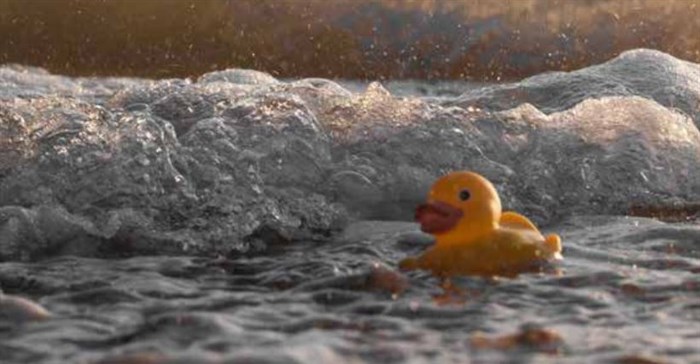
The report, 'Biodegradable Plastics and Marine Litter. Misconceptions, Concerns and Impacts on Marine Environments', finds that complete biodegradation of plastics occurs in conditions that are rarely, if ever, met in marine environments. Some polymers require industrial composters and prolonged temperatures of above 50°C to disintegrate. There is also limited evidence suggesting that labelling products as 'biodegradable' increases the public's inclination to litter.
"Recent estimates from UNEP have shown as much as 20 million tons of plastic end up in the world's oceans each year. Once in the ocean, plastic does not go away, but breaks down into microplastic particles. This report shows there are no quick fixes, and a more responsible approach to managing the life-cycle of plastics will be needed to reduce their impacts on our oceans and ecosystems," said UNEP executive director, Achim Steiner.
In 2014, a study by UNEP and partners estimated that about 280 million tons of plastic is produced globally each year and only a very small percentage is recycled. Instead, some of that plastic ends up in the world's oceans, costing several billion dollars annually in environmental damage to marine ecosystems.
In recent years, concern has grown over microplastics (particles up to 5mm in diameter, either manufactured or created when plastic breaks down). Their ingestion has been widely reported in marine organisms, including seabirds, fish, mussels, worms and zooplankton.
The new report aimed to verify a thesis that plastics considered 'biodegradable' may play an important role in reducing these negative environmental impacts.
The report finds that plastics most commonly used for general applications, such as polyethylene (PE), polypropylene (PP) and polyvinyl chloride (PVC) are not biodegradable in marine environments. Polymers, which biodegrade under favourable conditions on land, are much slower to break up in the ocean and their widespread adoption is likely to contribute to marine litter and consequent undesirable consequences for marine ecosystems.
The study also analyses the environmental impacts of oxo-degradable plastics, enriched with a pro-oxidant, such as manganese, which precipitates their fragmentation. It found that in marine environments the fragmentation is fairly slow and can take up to five years, during which the plastic objects continue to litter the ocean.
Oxo-degradable plastics can pose a threat to marine ecosystems even after fragmentation. The report says it should be assumed that microplastics created in the fragmentation process remain in the ocean, where they can be ingested by marine organisms and facilitate the transport of harmful microbes, pathogens and algal species.
The report also cites research that suggested some people are attracted by 'technological solutions' as an alternative to changing behaviour. Labelling a product as biodegradable may be seen as a technical fix that removes responsibility from the individual, resulting in a reluctance to take action.